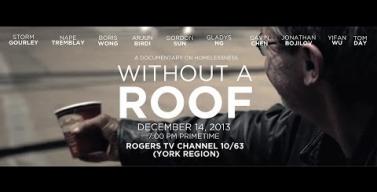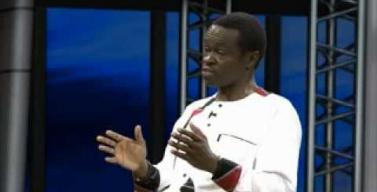Many of us believe that aid to Africa is crucial to lift people out of poverty. But not Dambisa Moyo. In a controversial book, she argues that foreign aid has been a disaster for Africa and must...
THOUSANDS OF AFGHAN WOMEN JAILED FOR 'MORAL CRIMES'
Kill A Sparrow - "I will accept you under one condition: Kill your son."
Despite the Taliban regime's ouster in Afghanistan more than a decade ago, oppressive tribal traditions remain more powerful than law, leaving thousands of young Afghan women imprisoned or killed for 'moral crimes'.
When Soheila was 5 years old, she was given away in marriage to an old man as compensation for her older brother's crime: stealing the man's third wife. After years of abuse in the marriage, "I ran away with the man I love. When my father found me, he put me in prison. My son was born here in prison", explains Soheila. In 2009 President Karzai passed a law criminalising 23 acts of abuse towards women - including forced marriage. But it has rarely been enforced. "Unfortunately in Afghanistan, as a result of 30 years of war, cultural practices have more power than the law", says Soheila's warden. "We are not afraid of killing her", insists her brother. Soheila’s lover is serving a voluntary six-year sentence; a desperate bid to make peace with her father. "If there were justice they would arrest her father, the man who gave his daughter away in an exchange! There is no law - in the Koran or anywhere else - that says he can do that."
By Journeyman Pictures
Related Podcasts
|
|
Directed by Gordon Sun "Without a Roof" is a raw 30 minute emotional documentary recording the stories and experiences of homeless individuals from the streets of downtown Toronto. The documentary debuted television on... |
|
Directed by Charlie Todd Professional ballet performers pose as break dancers in New York's Washington Square Park. The men hype up their tumbling routine to a gathered crowd before realizing they... |
Professor P.L.O Lumumba speaks to the issue of corruption in Africa, pointing out that at the heart of the African development challenge is poor leadership. He critiques democracy, as a potential... |




